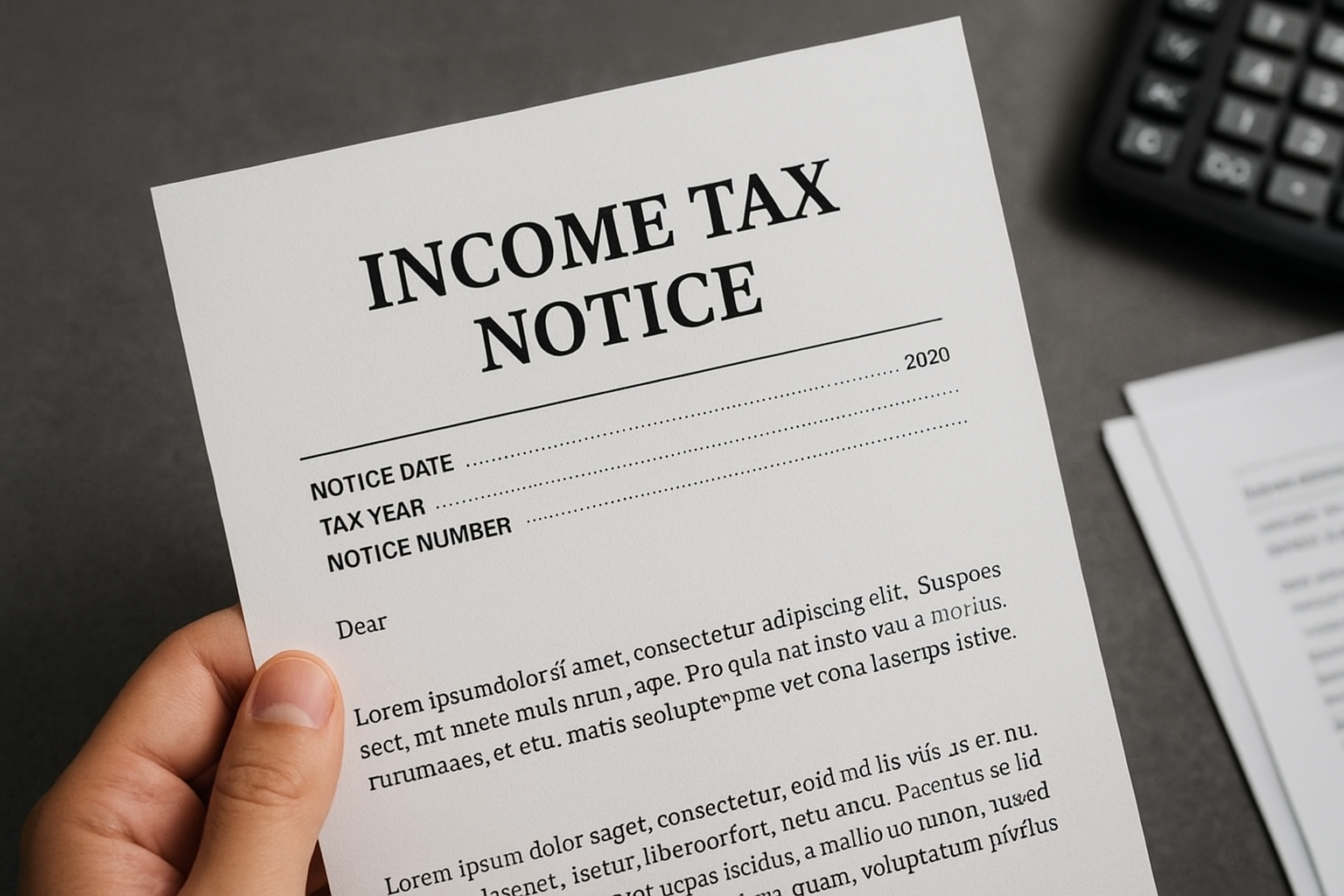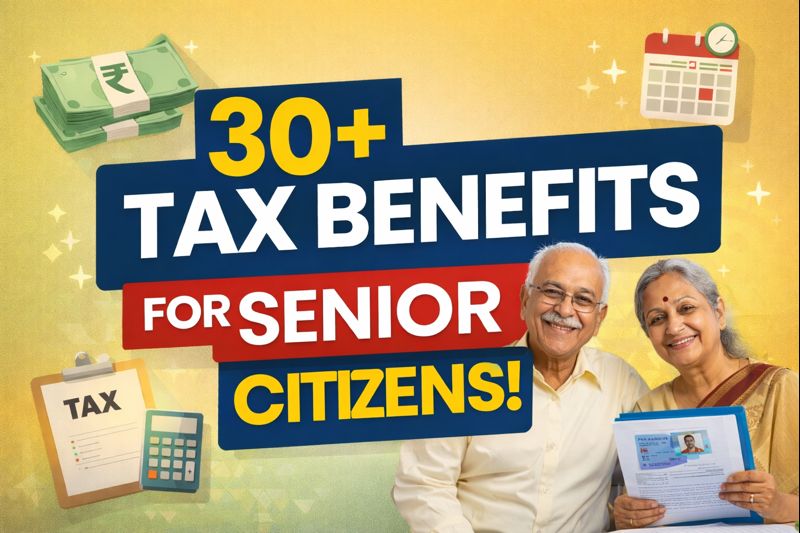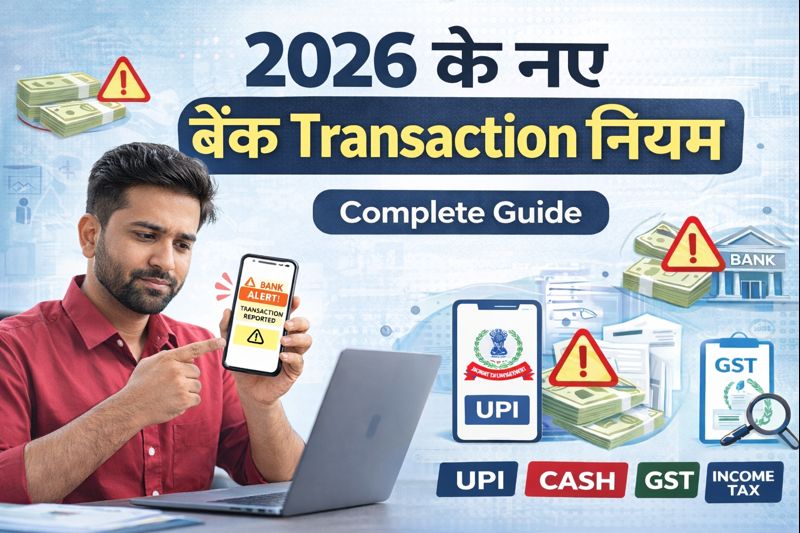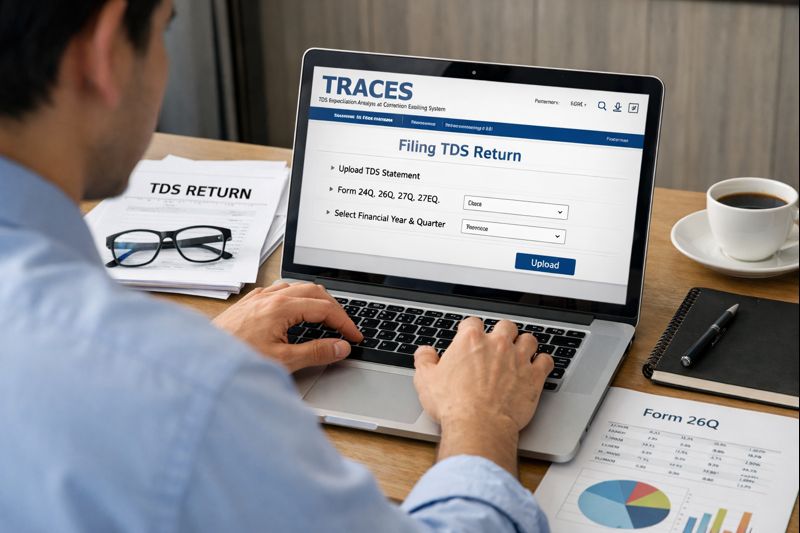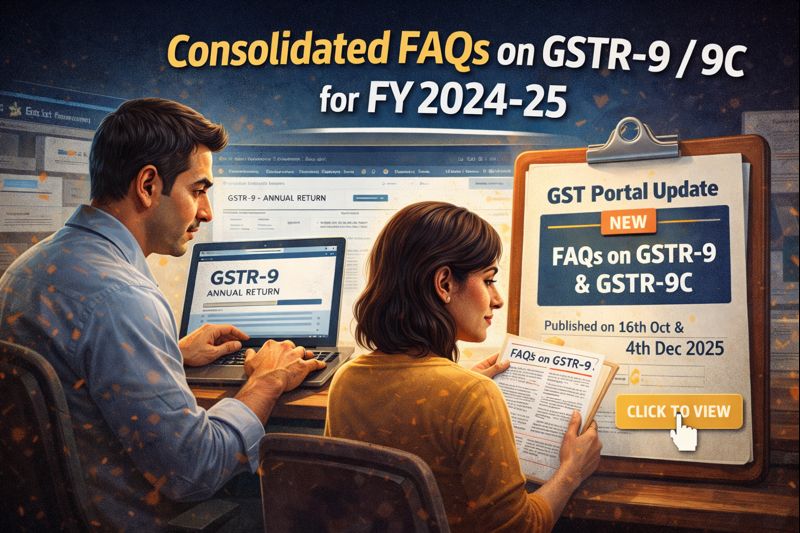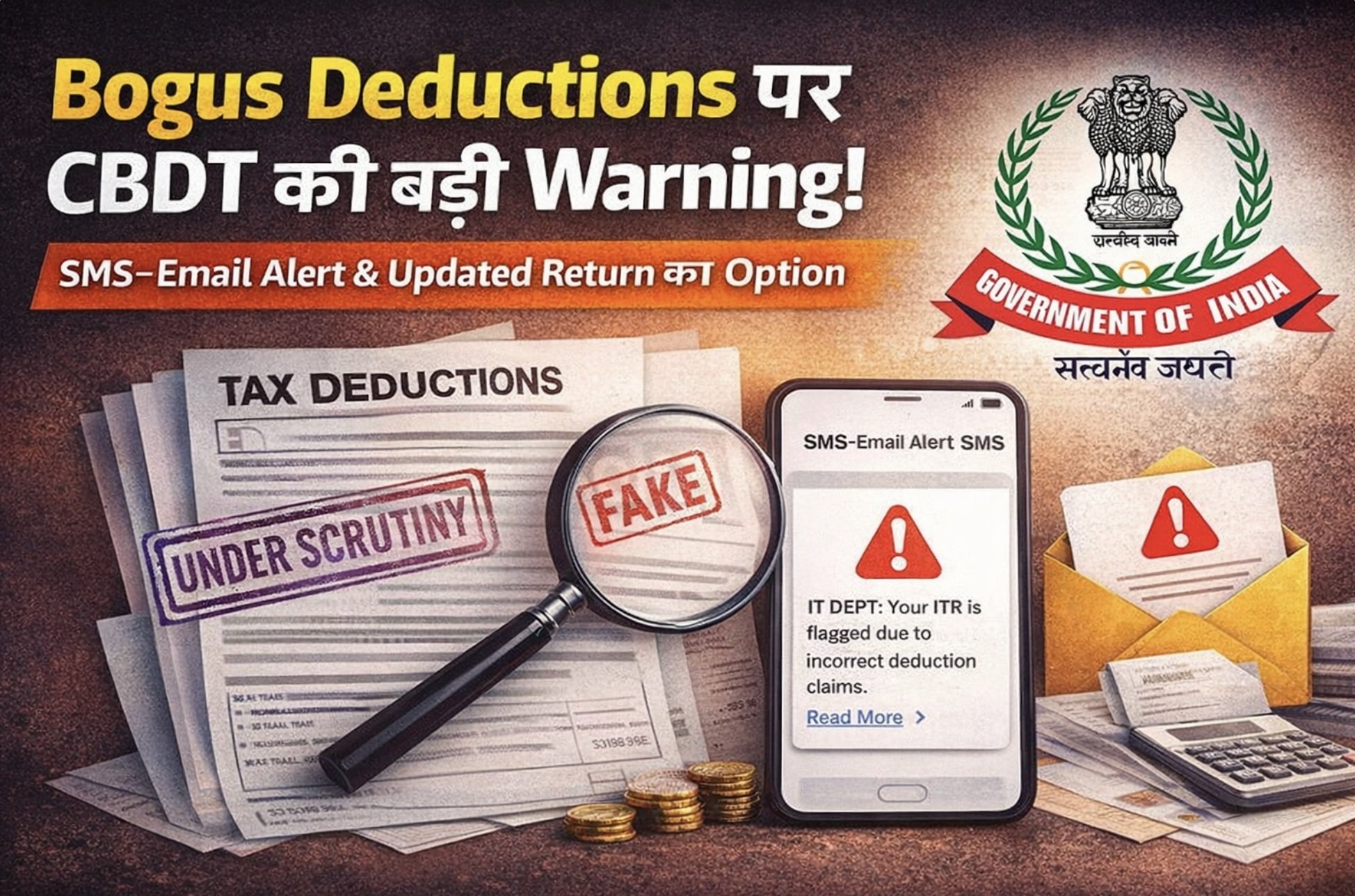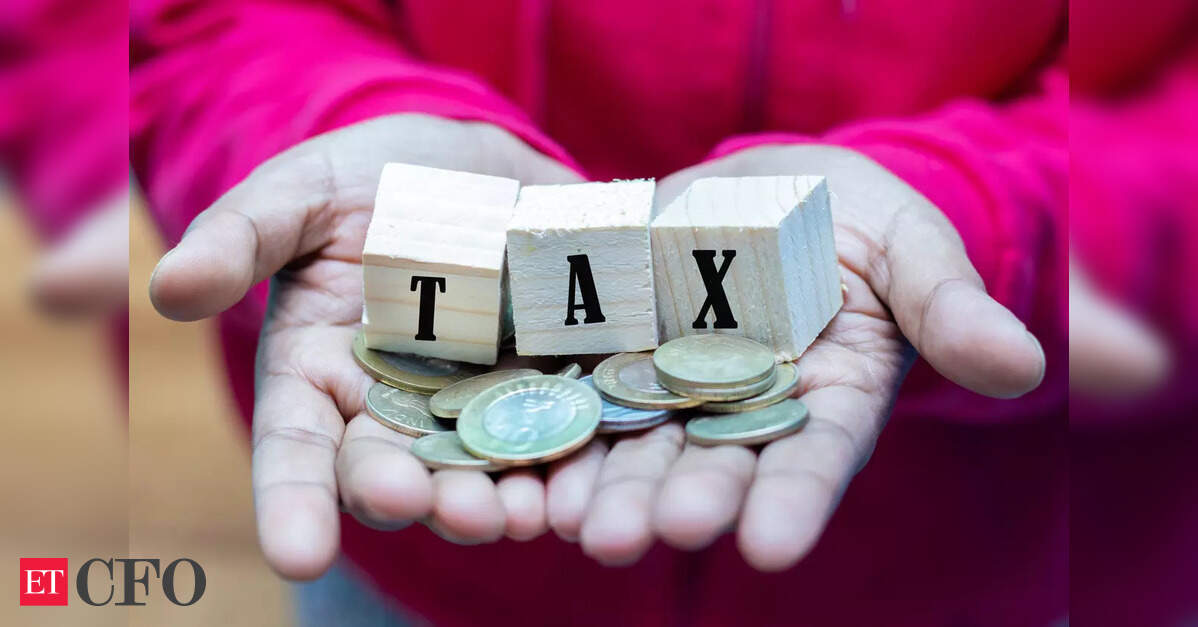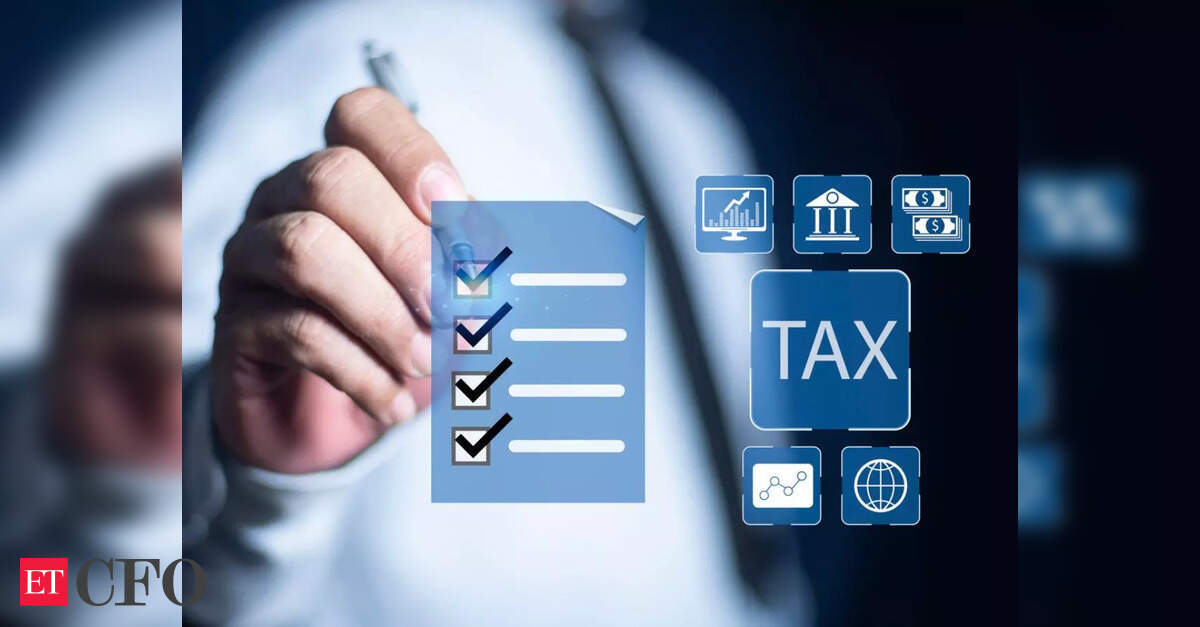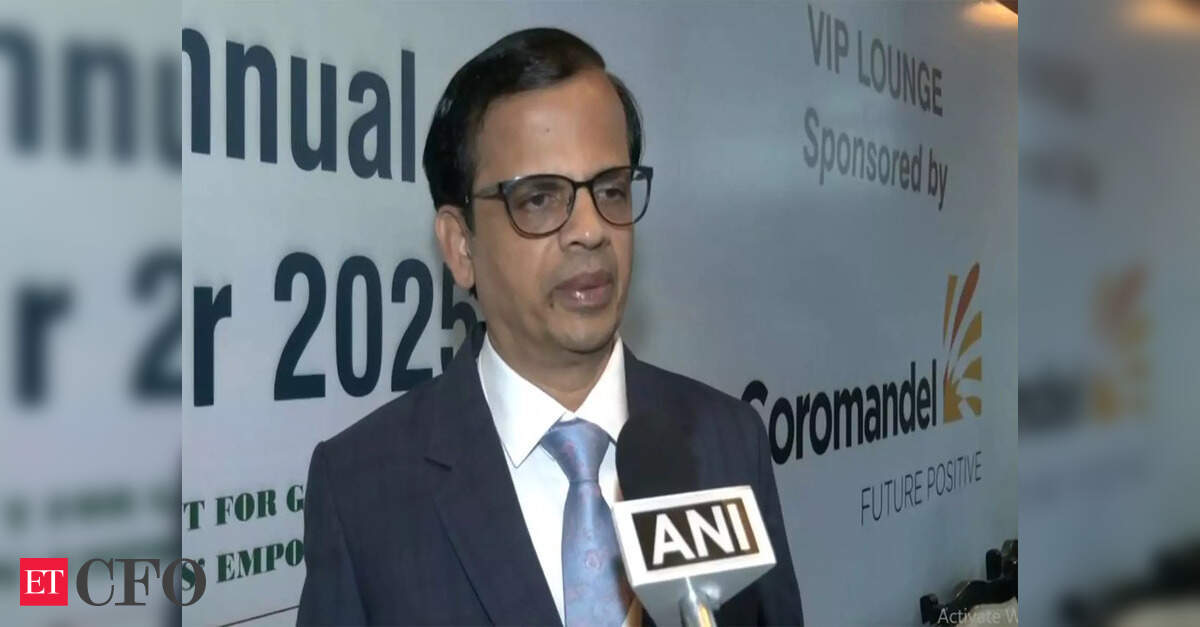Sub: Circular to remove difficulty in implementation of changes relating to Tax Collection at Source (TCS) on Liberalised Remittance Scheme (LRS) and on purchase of overseas tour program package – reg
Finance Act,2023 has amended sub-section (1G) of section 206C of the lncome-tax Act, 1961 (hereinafter referred to as’the Act’) to, interalia
(i) increase the rate of Tax Collection at Source (TCS) from 5% to 20% for remittance under LRS as well as for purchase of overseas tour program package;
and
(ii) remove the threshold of Rs 7 lakh for triggering TCS on LRS.
These two changes did not apply when the remittance is for education and medical purpose.
2. Subsequently, the Government had notified Foreign Exchange Management (Current Account Transactions) (Amendment) Rules, 2023 vide an e-gazette notification dated 16th May, 2023 to remove the differential treatment for credit cards vis i vis other modes of drawal of foreign exchange under LRS. This change has now been postponed for the time being.
3. Comments were received about the practical difficulties that may arise from the removal of the threshold for LRS payments other than for education and medical treatment. During meetings with the RBl, Banks and Card networks, some financial institutions have desired more time to modify their current lT systems to address issues arising from the implementation of the provision of TCS on credit card transactions.
4. ln order to address these issues, a Press Release dated 28.6.2023 was issued by Ministry of Finance wherein the following decisions relating to income-tax have been taken:
i; Threshold of Rs. 7 Iakh per financial Year per individual in clause (i) section 206(1G) shall be restored for TCS on all categories of LRS
payments. through all modes of payment. regardless of the purpose: Thus, for first Rs 7 lakh remittance under LRS there shall be no TCS. Beyond this Rs 7 lakh threshold, TCS shall be at the rate of –
a) 0.5% (if remittance for education is financed by loan taken from a financial institution);
b) 5% (in case of remittance for education/medical treatment);
c) 20% for others.
For purchase of overseas tour program package under clause (ii) of sub-section (1G) of section 206C, the TCS shall continue to apply at the rate of 5o/o for the first Rs 7 lakh per individual per annum1, the 20o/o rate will only apply for expenditure above this limit.
ii) lncreased TCS rates to applv from 1st October, 2023:
The increase in TCS rates; which were to come into effect from 1’t July,2023 shall now come into effect from 1st October, 2023 with the modification as in (i) above. Till 30th September,2023, earlier rates (prior to amendment by the Finance Act, 2023) shall continue to apply.
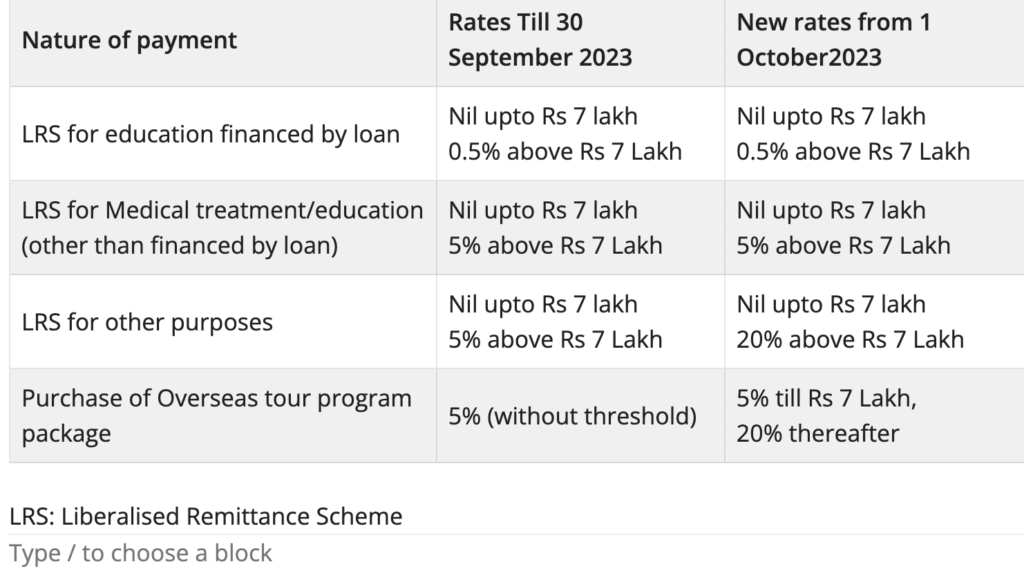
Note: (i) TCS rate mentioned in column 2 shall continue to apply till 30”September,2023.
(ii) There shall be no TCS on expenditure under LRS under clause (i) of subsection (1G) of section 206C upto Rs 7 lakh, irrespective of purpose.
6. Sub-section (1-l) of section 206C of the Act provides that if any difficulty arises in giving effect to the provisions of sub-section (1G) of this section, the Board may, with the approval of the Central Government, issue guidelines for the purpose of removing the difficulty. Accordingly, the following guideline is issued under this provision.
Guidelines
Question 1: Whether payment through overseas credit card would be counted in LRS?
Answer: As announced in the press release dated 28th June, 2023, the classification of use of international credit card while being overseas, as LRS is postponed. Therefore, no TCS shall be applicable on expenditure through international credit card while being overseas till further order.
Question 2: Whether the threshold of Rs 7 lakh, for TCS to become applicable on LRS, applies separately for various purposes like education, health treatment and others? For example, if remittance of Rs 7 lakh under LRS is made in a financial year for education purpose and other remittances in the same financial year of Rs 7 lakh is made for medical treatment and Rs 7 lakh for other purposes, whether the exemption limit of Rs 7 lakh shall be given to each of the three separately?
Answer: lt is clarified that the threshold of Rs 7 lakh for LRS is combined threshold for applicability of the TCS on LRS irrespective of the purpose of the remittance. This is clear from the first proviso to sub-section (1G) of section 206C of the Act. The proviso states that the TCS is not required if the amount or aggregate of the amounts being remitted by a buyer is less than seven Iakh rupees in a financial year. The amendment by the Finance Act, 2023 has only restricted it to education and medical treatment purpose. Now, after press release, old position has been restored and the threshold continues to apply for seven lakh rupees in a financial year, irrespective of the purpose.
Thus, in the given example, upto Rs 7 lakh remittance under LRS during a financial year shall not be liable for TCS. However, subsequent Rs 14 lakh remittance under LRS shall be liable for TCS in accordance with the TCS rates applicable for such remittance.
ln the example, if the remittances under LRS are made in the current financial year at different point of time, TCS rates for the remaining Rs 14 lakh remittances under LRS would depend on the time of remittance as TCS rates changes from 1’t October 2023. TCS rates would be applicable as under:-
First Rs 7 lakh remittance under LRS during the financial year 2023-24 for education purpose (or for that matter any purpose) ) No TCS Remittances beyond Rs 7 lakh under LRS during the financial year 2023-24, if on or before 30th September 2023 > TCS at 5o/o (irrespective of the purpose unless it is for education purpose financed by loan from a financial institution when the rate is 0.5%)
Remittances beyond Rs 7 lakh under LRS during the financial year 2023-24, if on or after 1’t October 2023 ) TCS at O.5o/o (if it is for education purpose financed by loan from a financial institution), 5% (if it is for education or medical treatment) and 20% (if it is for other purposes)
Question 3: Since there are different TCS rates on LRS for the first six months and next six months of the financial year 2023-24, whether the threshold of Rs 7 lakh, for the TCS to become applicable on LRS, applies separately for each six months?
Answer: No. The threshold of Rs 7 lakh, for the TCS to become applicable on LRS, applies for the full financial year. If this threshold has already been exhausted, all subsequent remittances under LRS, whether in the first half or in the second half, would be liable for TCS at the applicable rate.
Question 4: Whether the threshold of Rs 7 lakh, for TCS to become applicable on LRS, applies separately for each remittance through different authorized dealers? If not, how will the authorized dealer know about the earlier remittances by that remitter through some other authorized dealer?
Answer: It is clarified that the threshold of Rs 7 lakh for LRS is applicable to the remitter and not the authorized dealer. This is clear from the first proviso to sub-section (1G) of section 206C of the Act. The proviso states that TCS is not required if the amount or aggregate of amounts being remitted by a buyer is less than seven lakh rupees in a financial year. The threshold continues to apply to the remitter.
Since the facility to provide real-time updates of remittance under LRS by the remitter is still under development by the RBI, it is clarified that the details of earlier remittances under LRS by the remitter during the financial year may be taken by the authorized dealer through an undertaking at the time of remittance. If the authorized dealer correctly collects the tax at source based on the information given in this undertaking, they will not be treated as an “assessee in default.” However, appropriate action may be taken against the remitter under the Act for any false information in the undertaking.
The same methodology of taking an undertaking from the buyer of an overseas tour program package may be followed by the seller of such a package.
Question 5: There is a threshold of Rs 7 lakh for remittance under LRS for TCS to become applicable, while there is another threshold of Rs 7 lakh for the purchase of an overseas tour program package where the reduced rate of 5% TCS applies. Do these two thresholds apply independently?
Answer: Yes, these two thresholds apply independently. For LRS, the threshold of Rs 7 lakh applies to make TCS applicable. For the purchase of an overseas tour program package, the threshold of Rs 7 lakh applies to determine the applicable TCS rate as 5% or 20%.
Question 6: A resident individual spends Rs 3 lakh for the purchase of an overseas tour program package from a foreign tour operator and remits money which is classified under LRS. There is no other remittance under LRS or purchase of an overseas tour program during the financial year. Is TCS applicable?
Answer: In the case of the purchase of an overseas tour program package classified under LRS, the TCS provision for the purchase of an overseas tour program package shall apply, and not the TCS provisions for remittance under LRS.
Since, for the purchase of an overseas tour program package, the threshold of Rs 7 lakh for the applicability of TCS does not apply, TCS is applicable, and tax is required to be collected by the seller. In this case, the tax shall be required to be collected at 5% since the total amount spent on the purchase of the overseas tour program package during the financial year is less than Rs 7 lakh. The TCS should be made by the seller.
Question 7: There are different rates for remittance under LRS for medical treatment/education purposes and for other purposes. What is the scope of remittance under LRS for medical treatment/education purposes?
Answer: As per the clarification by the RBI, remittance for the purposes of medical treatment shall include:
(i) Remittance for the purchase of tickets of the person to be treated medically overseas (and their attendant) for commuting between India and the overseas destination.
(ii) Medical expenses.
(iii) Other day-to-day expenses required for such purposes.
For education, remittance shall include:
(i) Remittance for the purchase of tickets of the person undertaking study overseas for commuting between India and the overseas destination.
(ii) Tuition and other fees to be paid to educational institutes.
(iii) Other day-to-day expenses required for undertaking such study.
It may be noted that specific purpose codes are provided by the RBI for medical treatment and education under the LRS. TCS provisions for medical treatment and education would apply when the remittance is made under the respective purpose codes.
Question 8: Whether the purchase of an international travel ticket or hotel accommodation on a standalone basis is considered a purchase of an overseas tour program package?
Answer: The term ‘overseas tour program package’ is defined as any tour package that offers a visit to a country or countries or territory or territories outside India and includes expenses for travel, hotel stay, boarding, lodging, or any other expenditure of a similar nature or in relation thereto.
It is clarified that the purchase of only an international travel ticket or the purchase of only hotel accommodation, by itself, is not covered within the definition of an ‘overseas tour program package.’ To qualify as an ‘overseas tour program package,’ the package should include at least two of the following:
(i) International travel ticket.
(ii) Hotel accommodation (with or without food)/boarding/lodging.
(iii) Any other expenditure of a similar nature or in relation thereto.
Link to download circular No. 10/2023: https://incometaxindia.gov.in/communications/circular/circular-10-2023.pdf
Join our Practical GST Course:
with lifetime validity: https://cagurujiclasses.com/courses/gst-course-2022/
With limited validity: https://studywudy.com/courses/gst/
Join our Practical Income Tax, ITR & TDS Course:
with lifetime validity: https://cagurujiclasses.com/courses/practical-course-income-tax-itr-tds/
With limited validity: https://studywudy.com/courses/incometax/


